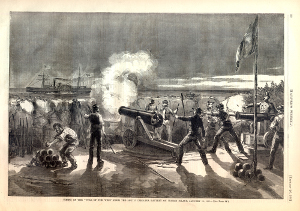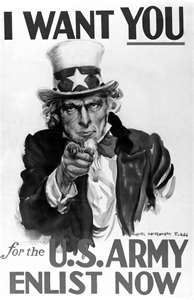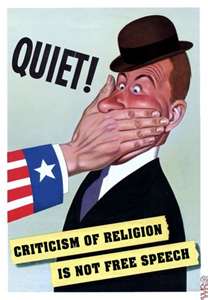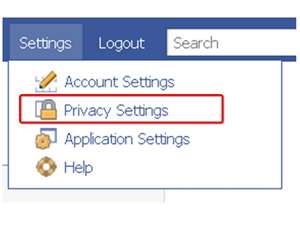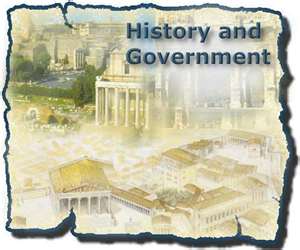 Today’s topic in government week is Theocracy. It is rule by religion or as generally defined: Theocracy is a form of government in which the official policy is to be governed by immediate divine guidance or by officials who are regarded as divinely guided, or simply pursuant to the doctrine of a particular religious sect or religion.
Today’s topic in government week is Theocracy. It is rule by religion or as generally defined: Theocracy is a form of government in which the official policy is to be governed by immediate divine guidance or by officials who are regarded as divinely guided, or simply pursuant to the doctrine of a particular religious sect or religion.
The most common place we see this form of government today is in Islamic countries like Iran and Saudi Arabia. It is generally totalitarian in nature in that religion often has little room for those who disagree. This hasn’t historically been true completely as some theocratic states in the past have allowed those of different religions to flourish. More normally other religions are persecuted under this form of government. In the United States Mormon’s founded the State of Deseret but this was disbanded before they became a state.
The Founding Fathers explicitly forbid this form of government in the United States.
Theocracy is different from a state sponsored religion wherein the government officially endorses one religion or another but has laws separate from it. In a theocracy the state is considered to be run by appointees of god with rules handed down by god. This is probably the most troubling aspect of a theocratic state. If the laws are handed down by god they must be interpreted as infallible. Thus there is no mechanism for correction.
One of the concerns of Christians in the western world is the institution of Sharia Law in their countries by burgeoning muslim populations. Interestingly, much like christian law if taken from, say, the Ten Commandments much of this the antithesis of the freedom and individual responsibility that Libertarian’s like myself advance.
For example, both have laws about tithing or alms which is giving money to the religious leaders but would come under the concept of illegal taxation from a Libertarian point of view. Both have laws against adultery which again would be opposed by a Libertarian who believes the state should have no say in such matters. Both have laws against homosexuality and once again Libertarians argue the state does not belong in such matters. Both generally forbid people from other religions to hold important offices within the state.
Penalties doled out in theocracy tend to be extreme. In most religious states the penalty for adultery is stoning.
I could go on here but I think it’s relatively clear to most people that the rule of law is not handed down by god. For my Christian readers I highly suggest a full reading of the ten commandments. I think you will be surprised at the text. Anyone who told you they are basis for law in the U.S. is not being honest.
Theocratic rule is a constant danger in that people who live by Faith Based Thinking standards are not constrained by logic, by evidence, by common sense. They know they are right without examination simply because they believe. This absence of critical thinking necessarily leads to an oppressive, freedomless state as we see in countries like Iran and Saudi Arabia. People in such countries yearn for their freedom and in places like Libya, Egypt, and Tunisia we see an Arab Spring wherein the population rises up against oppressive rule. The danger, of course, is that one oppressive regime will be replaced by a theocracy that is equal or worse in their fear of freedom.
Thanks for reading and share away!
[polldaddy poll=6065412]
Tom Liberman
Sword and Sorcery fantasy with a Libertarian Twist

